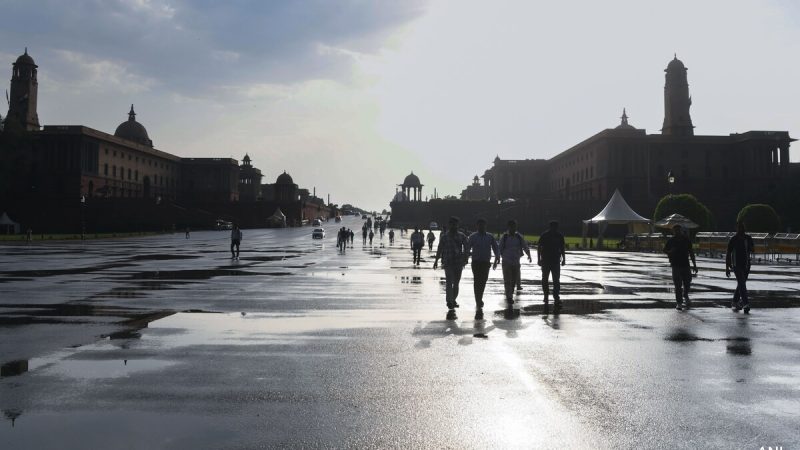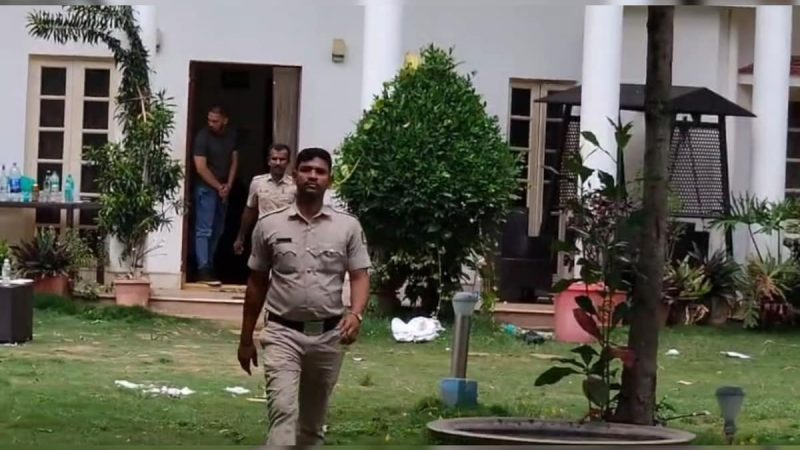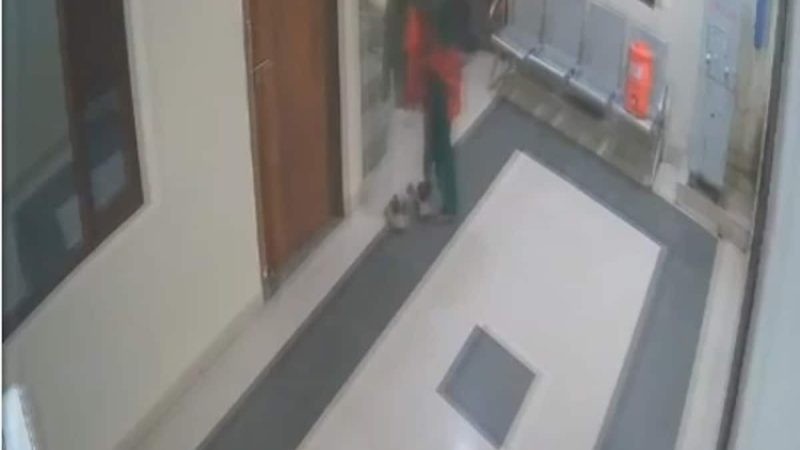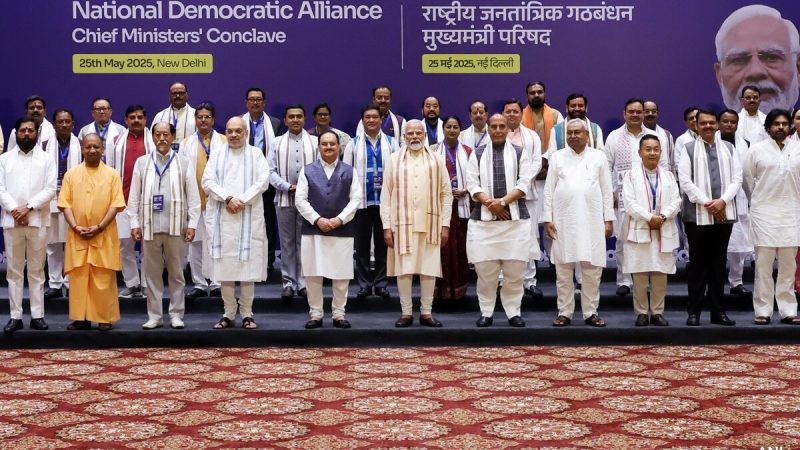Under Pressure To Hold Polls, Yunus Holds Meets With Political Parties
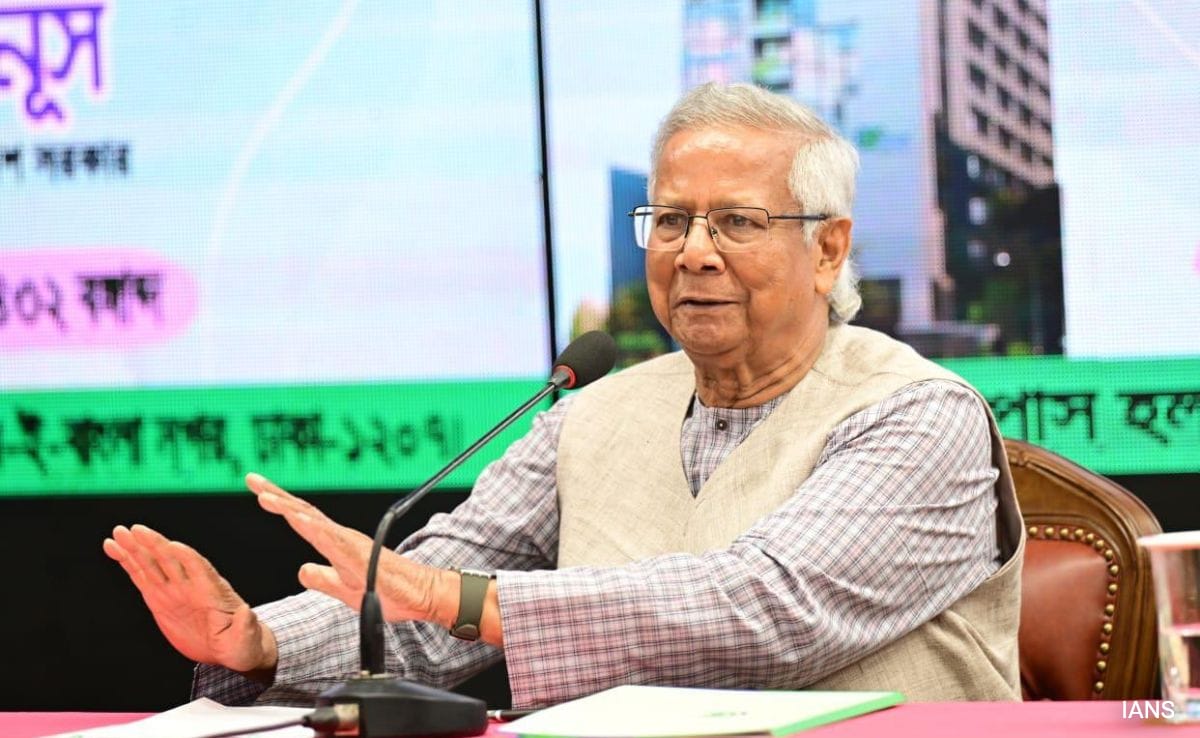
Kolkata:
A flurry of meetings continued in Dhaka on Sunday amid pressure on Chief Adviser of the Interim Government of Bangladesh, Muhammad Yunus, to call for elections. Critics of the Nobel Laureate have accused him wanting to hang onto power without election.
The mandate of the interim government was to conduct elections and ensure a smooth transition to a politically elected government.
But Muhammad Yunus, more than nine months after taking charge, is yet to announce a date for election.
On Sunday, Mr Yunus met delegations from political parties, some of whom reportedly made it clear that the interim government must focus on holding elections and not take long-term policy decisions, which they currently seem to be engaged in without popular mandate.
A delegation of the Bangladesh Nationalist Party or BNP — the main Opposition party during the Sheikh Hasina regime which was ousted in August last year — also met him on Saturday evening.
The BNP delegation has reportedly told Mr Yunus that the interim government must focus on holding election as soon as possible and allow a politically-elected government to take charge. The BNP has been critical of the delay in announcing the date for elections.
Sources say the delegation has stressed on the importance of having a democratically elected government.
In what was believed to be a dig at the unelected government that is focussing on major policy decisions like investment projects, a Rohingya corridor and other issues that go way beyond its mandate, BNP acting chairman Tarique Rahman said, “The path to dictatorship is never written in a nation’s constitution or laws. It begins when those in power disregard them. That’s when fascism begins to rise.”
Critics of Muhammad Yunus have accused him of attempting to cling onto power with the support of Islamic radicals who have been using the students’ movement that ousted Sheikh Hasina and her government as a front.
A delegation of the Jamaat-E-Islami Bangladesh that wants Mr Yunus to continue amid attacks and suppression of minorities met Muhammad Yunus on Saturday.
The National Citizen Party, an offshoot of the students’ movement in August last year has also pressed him to stay on.
Sheikh Hasina has accused Mr Yunus of “selling the nation to the United States”. She also condemned the recent ban on her Awami League party, calling it unconstitutional.
In an audio message posted on her party’s Facebook account, the ousted leader reiterated that Mr Yunus seized control of the government with the help of extremist groups.
“My father did not agree to America’s demands for St. Martin’s Island. He had to give his life for that. And that was my destiny as I never thought of selling the country to stay in power,” she said in a post on X, now Twitter.
The Bangladesh army chief has also said that national elections should be held by December and decisions on issues that will have a long-term impact on the sovereignty and territorial integrity of the country should be left to a political government to decide on.
Commenting on the proposal for a Rohingya Corridor, an idea believed to be pushed by the US and fronted by the United Nations, the army chief General Waker-Uz-Zaman has scoffed at the idea during an interaction with army officers, dismissing it as a “bloody corridor”.
Muhammad Yunus has responded to the calls for elections.
An unscheduled meeting of the Advisory Council was held on Saturday, following the meeting of the Executive Committee of National Economic Council. The two-hour meeting included detailed discussions on three primary responsibilities entrusted to the interim government – elections, reforms, and justice.
In a statement, the Advisory Council said it discussed how “unreasonable demands, deliberately provocative and jurisdictionally overreaching statements, and disruptive programmes have been continuously obstructing the normal functioning environment and creating confusion and suspicion among the public”.
The council said it believes a “broader unity is essential to maintain national stability, organise a free and fair election… and permanently prevent the return of authoritarianism”.
On this matter, the Interim Government said it would “listen to the views of political parties and clarify its own position”.

